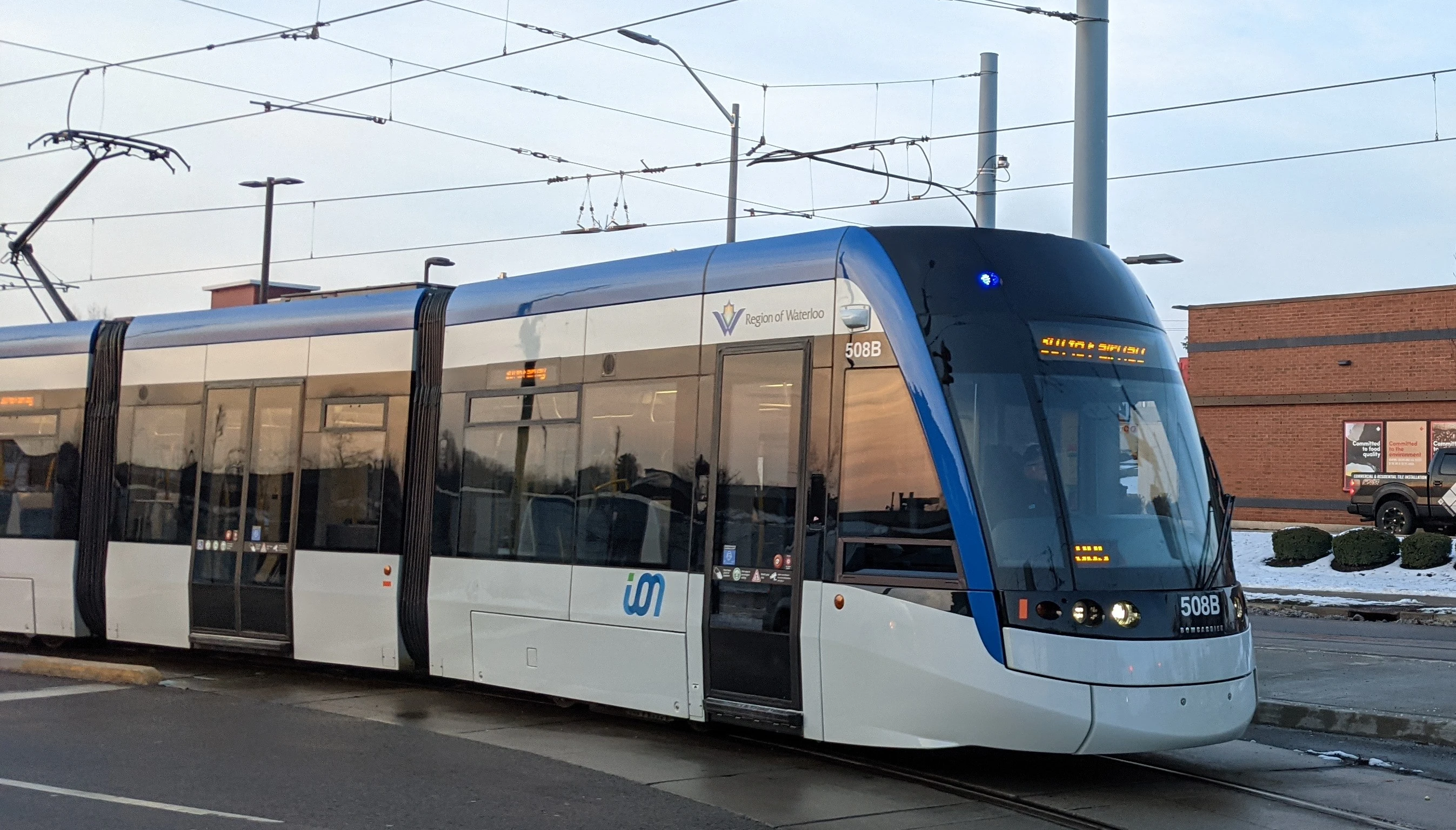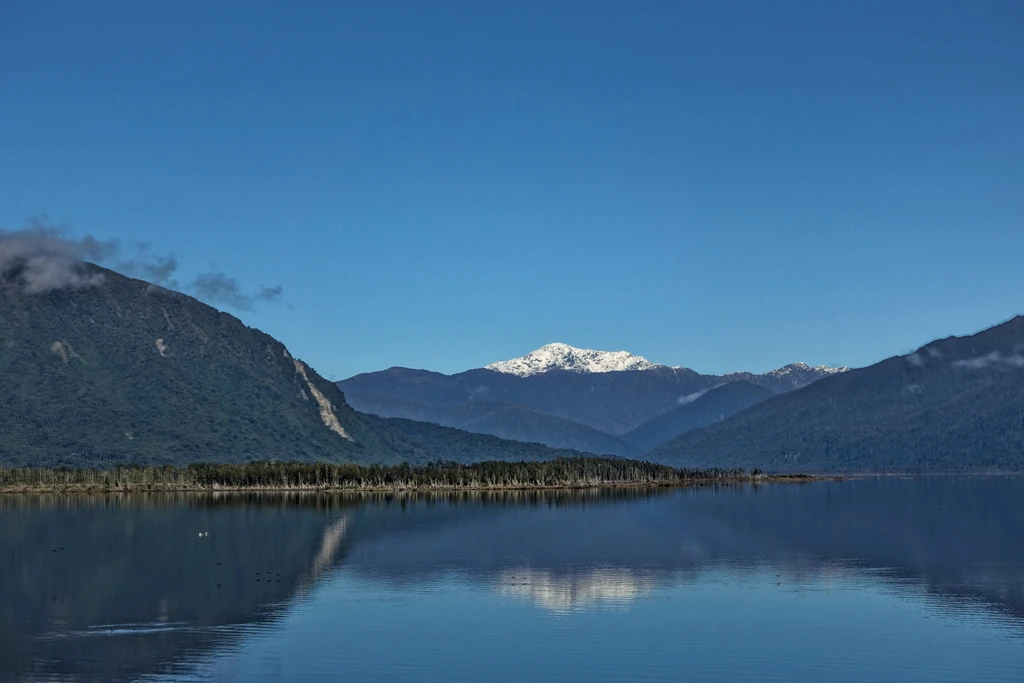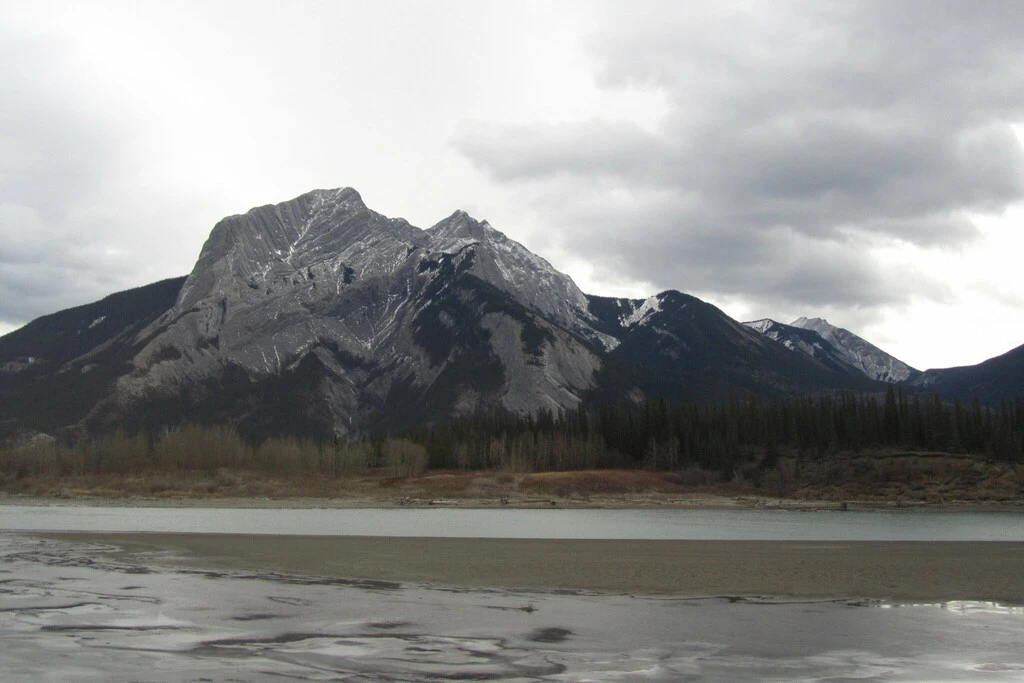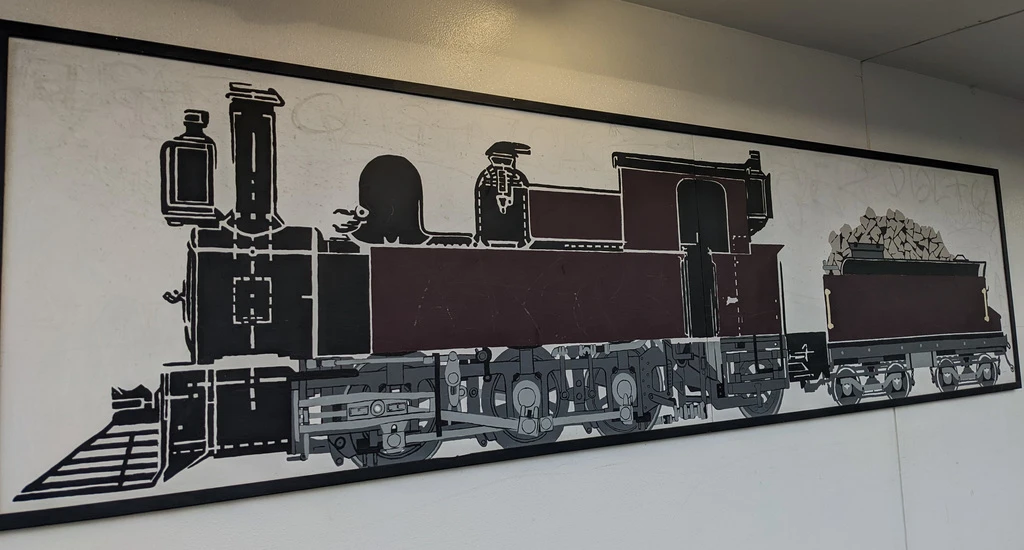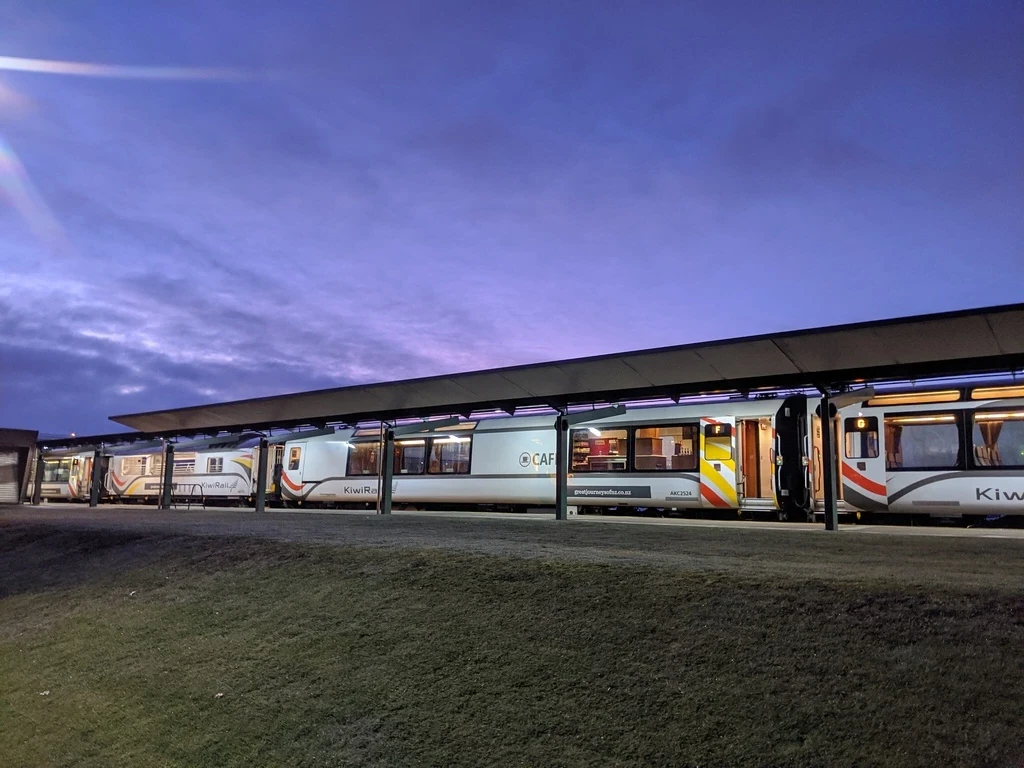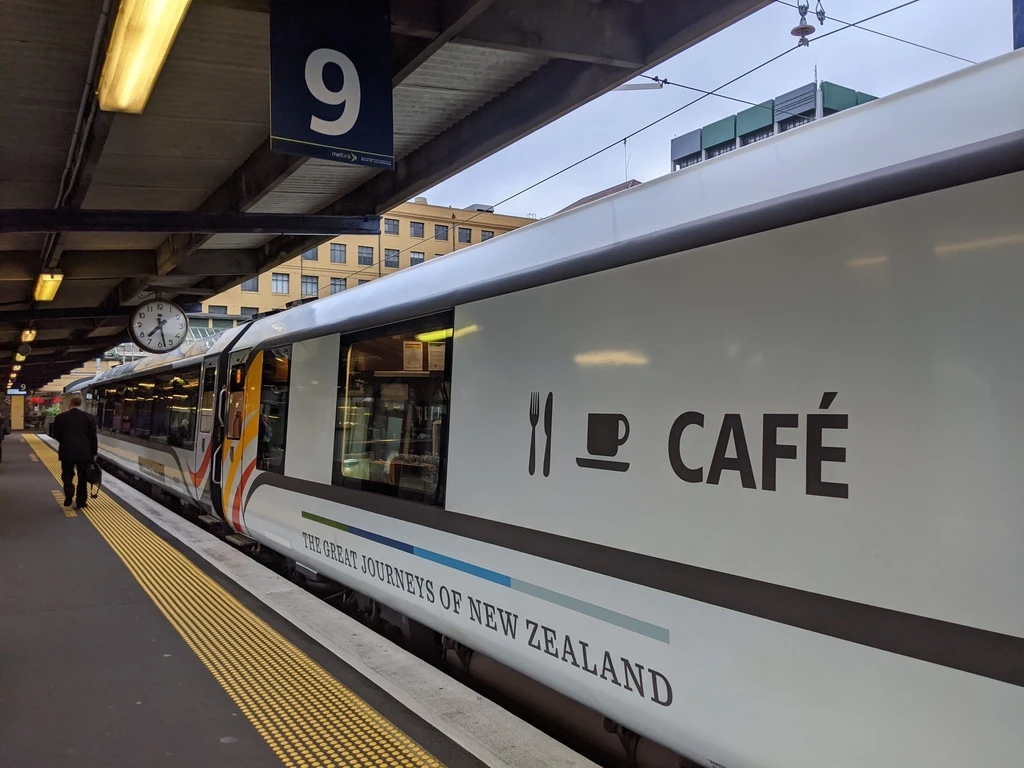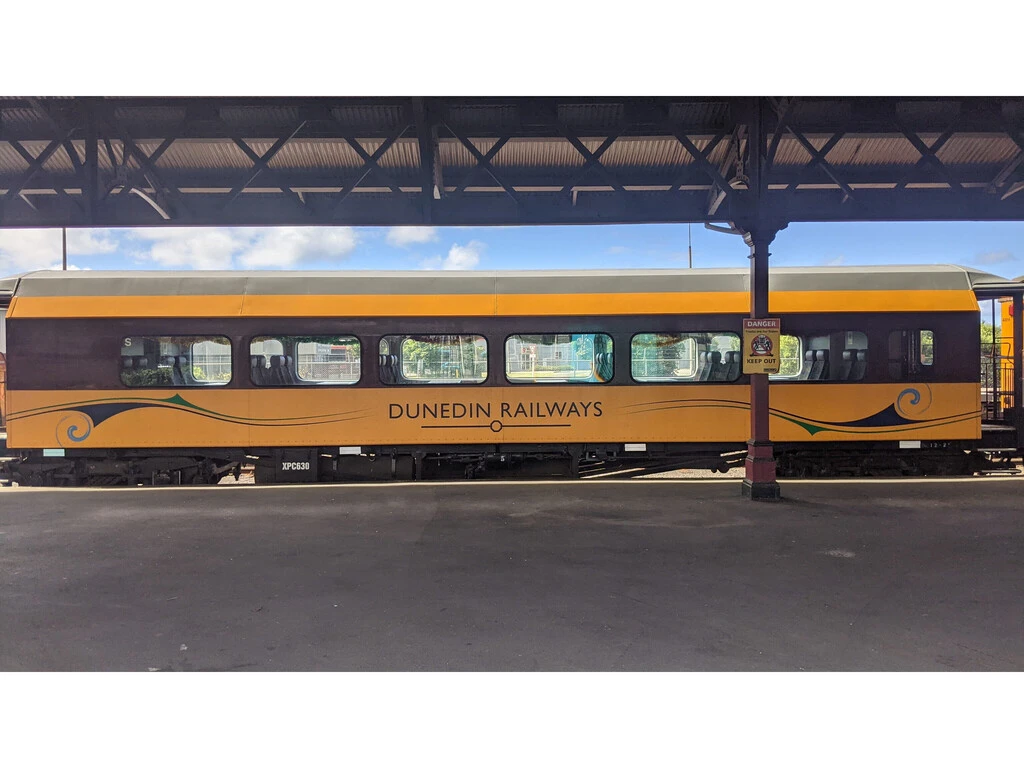Solicitation
A select committee of the NZ Parliament is holding an inquiry into the future of inter-regional passenger rail in New Zealand and soliciting input. Its terms of reference are:
- Investigating possibilities and viability of passenger rail in underserved communities, those with prior rail links that have been disestablished, and those currently advocating for improved rail links;
- Gaining insights into viability of passenger rail sitting alongside KiwiRail’s freight network;
- Evaluating existing inter-regional passenger rail, such as the Capital Connection, and how these services work between local and regional councils and central government;
- Gaining insights into the integration of regional rail into existing local public transport networks;
- Investigating the climate and emissions reductions possibilities of passenger rail, and how this links to VKT (vehicle kilometres travelled) reduction targets in the Emissions Reduction Plan, and including electrification between regions; and
- Investigating potential rail expansions and investments in specific areas, such as Tauranga (following a recent report on the re-introduction of passenger rail) and the Lower North Island (following a business case funded at Budget 2021).
In 2011, I delegated to Waterloo Regional Council about Light Rail, which they subsequently approved. Time to speak out again!
My Submission
Kia ora koutou,
I’d like to share my experiences with trains around the world and in New Zealand. I’ve spent most of the past 3 years in Wellington, and I have travelled extensively in New Zealand, from Stewart Island to Cape Reinga, including places such as Napier and Motueka. I have taken the TranzAlpine as a tourist excursion and the Northern Explorer as a means of transport from Wellington to Auckland. I’m from Canada, and have made the trip between its two largest cities, Montreal and Toronto, dozens of times and using all possible means of transport. I’ve also spent a sabbatical year in Switzerland and extensively used its SBB trains, which work well in a country with more extreme topography than New Zealand and a population only 60% larger.
Climate and emissions reductions possibilities of passenger rail
It’s 2022, and New Zealanders have the expectation that they should be able to travel around the country at will. Yet the accessible options—flying or driving—have more carbon emissions than rail would. For instance, on a recent trip, I would have much preferred to take an electric train to Napier running on clean power, rather than renting a car and driving. And the train would have caused fewer carbon emissions. Passenger rail supports the key action in NZ’s Emissions Reduction Plan of reducing reliance on cars. It is imperative that inter-regional rail be time- and cost- competitive with other means of transport, and convenient to take.
Both my recent Wellington-Napier trip, as well as my upcoming Wellington-New Plymouth trip, would be well suited to rail, along the tracks that still exist. The distances make the rail time competitive with flight, if the train can run at 100km/h. (Even though flights in New Zealand involve less security overhead than other places, airports are still further from city centres than train stations could be, especially Dunedin.) Indeed, for the New Plymouth trip, I looked into the InterCity bus, which would probably be comparable to the train in terms of carbon emissions, but InterCity is not running service on the day that I have to travel.
Rail only works if the schedules are sufficiently frequent; Canada’s VIA Rail is working on a High Frequency Rail project for the Quebec City-Windsor corridor (including Montreal and Toronto). It would be shortsighted to build rail capacity and not to operate enough trains on the lines.
Looking at my travel history, it would be hard to completely replace all flights with train trips, mainly because of the Cook Strait. But, from my Wellington-based perspective, inter-regional rail can be viable for trips on the North Island. Christchurch could once again be a rail hub for the South Island. I would take more trains if I could, and I’d be happier about the reduced carbon emissions flowing from that possibility.
Integration into Local Public Transport Networks
Even when a train station is centrally located (and Christchurch’s isn’t great), passengers need to get to their subsequent destinations. Being able to bring bicycles on trains alleviates this issue to some extent, but many passengers would benefit from good public transport links. To some extent, this depends on urban forms and existence of local transit. New Plymouth is sufficiently compact that onward transport isn’t a showstopper as long as the station is central. Napier/Hastings would probably require a car rental at the train station (which exists at many overseas train stations).
Switzerland has the option to seamlessly add discounted local transit tickets to inter-regional train tickets. Contrast with Auckland, where a visitor cannot take a bus without an AT HOP card.
Rail Expansions in Specific Areas
I have taken the train to Masterton and driven to Napier. I’ve looked at Gisborne but I’m not keen on the drive. Being once again able to take the train to Gisborne would make that area much more reachable. My Airbnb host in Napier also mentioned that the Gisborne train would be much less stressful than sharing the road with dozens of logging trucks.
Night trains are making a comeback in Europe; a night train between Wellington and Auckland would have reasonable use cases. I’ve taken overnight trains in Canada and Romania. The Canadian one was a very civilized experience. The Romanian one was memorable.
Freight Co-existing With Passenger Rail
I’m no expert here, but I’ll make two comments. 1) In Western Canada, VIA Rail’s on-time performance has dropped to as low as 7% in 2017 from having to contract with private track owner CN for use of the tracks, which is untenable as a useful transport service; 2) in Switzerland we see freight trains uneventfully passing through passenger stations all the time. All I’ll say is that the right ownership and operating structures must be set up so that this can happen. It’s apparently not impossible, but needs strong Government leadership.
Summary
I strongly support the re-development of inter-regional passenger rail in New Zealand designed for the needs of everyday people. This would enable people to visit friends and whanau in other parts of New Zealand, conduct business meetings, and see many parts of this beautiful country. We need a way to do this without contributing to carbon emissions while being able to work on laptops, enjoy the scenery, or simply read a book, rather than worrying about driving off cliffs.
I urge the Government to make the significant capital investments required so that New Zealand can have rail transport infrastructure comparable to European countries with similar topography and population density, and to commit to stable long-term operational funding for the ensuing rail system.
Sincerely,
Patrick Lam, PhD, PEng (Ontario, Canada)
Further reading
Global News in Canada had a series about the current state of passenger rail in Canada:
- Security logs show rise in anger and violence on VIA Rail’s Western Canada trains
- VIA Rail said lengthy delays on its flagship train were an international ’embarrassment’
- Does VIA Rail’s survival depend on a new route through Ontario and Quebec?
I read through the recommendations chapter of this book while preparing my feedback:
- Andre Brett, Can’t Get There from Here: New Zealand passenger rail since 1920. Otago University Press, 2021. publisher link
And I’ve written about travel in NZ about a hundred years ago, reviewing Emerald Hours in New Zealand by Alys Lowth and comparing to present-day travel.
I didn’t put this in my submission, but I’ve talked to my aunt, who would like to visit New Zealand, but isn’t keen on driving around. Her options, outside cities, are limited!
